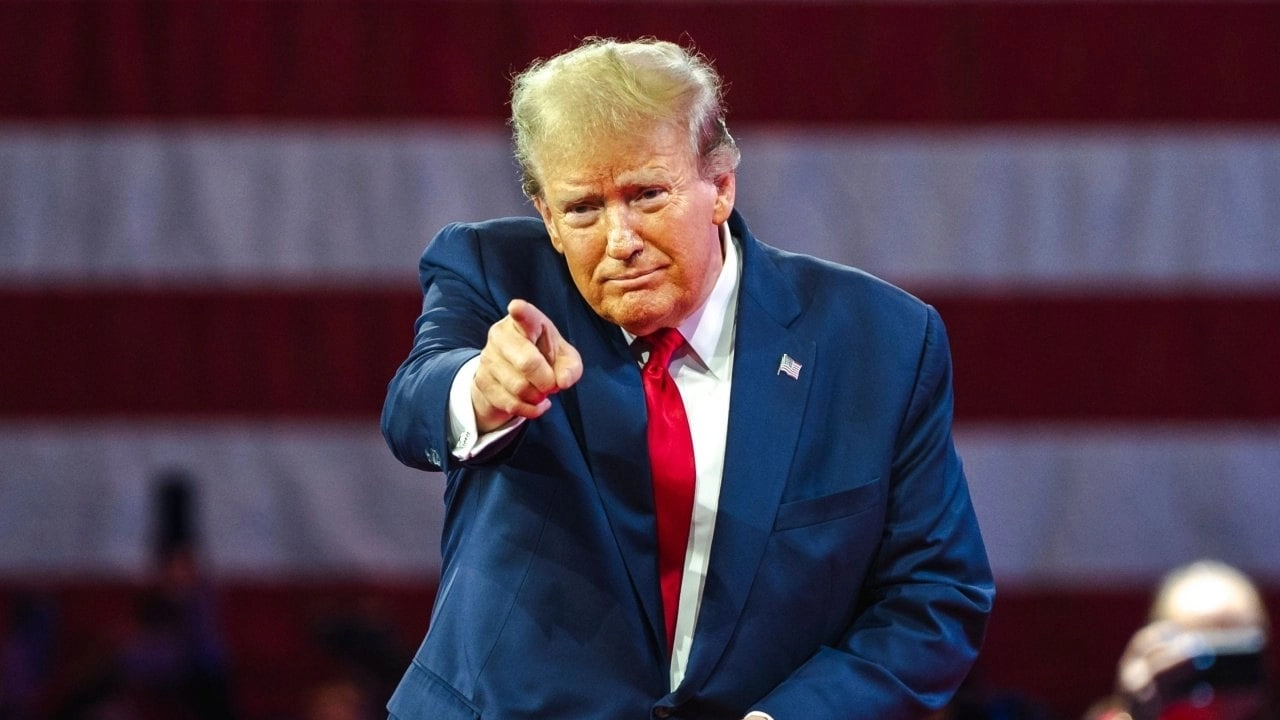First-ever tokenization of U.S. dollar bank deposits on Ethereum signals a seismic shift in traditional finance, with stablecoins now fully regulator-approved.

Custodia and Vantage Bank Complete Historic Stablecoin Transaction on Ethereum
Custodia Bank announced on March 25 that it had completed a landmark transaction in partnership with Vantage Bank, describing it as “America’s first-ever tokenization of a bank’s U.S. dollar demand deposits on a permissionless blockchain by issuing, transferring and redeeming Avit stablecoins for a bank customer.”
A new blockchain-based U.S. dollar payment system was introduced in the traditional banking sector to address global demand for regulated, dollar-backed stablecoins. Avit, a trademark of Custodia Bank Inc., are fully reserved stablecoins structured as tokenized demand deposits, enabling programmable and auditable digital dollar payments on public blockchains. The announcement details:
The banks collaborated on the mint, transfer and redemption of Avit tokens for a bank customer on the Ethereum mainnet using the ERC-20 standard.
“Parties transacted in eight stages, with Vantage Bank managing the stablecoin fiat reserves and providing Fedwire/ACH services,” the announcement adds. Custodia oversaw blockchain issuance, redemption, custody, transaction monitoring and reconciliation via its Avit Management System.
The customer was able to move Avit tokens into self-custody, carry out business-to-business transactions outside the banking system, and later redeem the tokens for dollar deposits. To comply with U.S. regulations, both institutions implemented unique policies and documentation to meet Bank Secrecy Act, anti-money laundering, and Office of Foreign Assets Control (OFAC) requirements.
Custodia CEO Caitlin Long highlighted the importance of regulatory cooperation, stating: “We broke ground on the legal/regulatory front, proving that U.S. banks can collaborate to tokenize demand deposits on a permissionless blockchain in a regulatorily-compliant manner.” She also shared on social media platform X:
We took territory by issuing the first bank-issued stablecoin on a permissionless blockchain.
“It’s not what you think,” the executive added, elaborating: “The real impact is on tradfi … crypto took regulatory territory, but tradfi is the real story in what Custodia Bank did with Vantage Bank.”
Vantage Bank President and CEO Jeff Sinnott noted the wider impact of the project: “This event marks a pivotal moment in reshaping the financial landscape, demonstrating how blockchain and stablecoins can revolutionise payments. By executing this transaction, we’re empowering banks to lead responsibly in cross-border modernisation, while also leveraging the strength of the U.S. Dollar and demonstrating regulators’ support for responsible innovation.” The entire process utilised Custodia’s 2022 U.S. patent for tokenising dollar bank deposits on permissionless smart-contract platforms, laying the groundwork for further integration of blockchain in compliant banking environments.
700 SEC Staff Resign as Trump's Crypto Revolution Blasts Through Washington
Over 700 SEC staff have resigned amid Trump-backed federal cuts and pro-crypto reforms, fueling hopes of a bullish regulatory shift for digital assets.

Mass SEC Departures Signal Major Pivot Toward Pro-Crypto Future Under Trump Administration
Hundreds of employees are expected to leave the U.S. Securities and Exchange Commission (SEC) under a voluntary resignation program tied to President Donald Trump’s initiative to reduce the federal workforce, Reuters reported, citing five unnamed sources. The exits include senior officials and lawyers within the agency’s enforcement and legal departments.
Since late January, more than 700 staff members have submitted resignation notices, including over 150 from the enforcement division. Over a dozen senior figures have also taken buyout offers, sources said. These resignations are part of a broader campaign backed by Trump, Elon Musk, and the Department of Government Efficiency (DOGE) to scale down the civil service, which Trump has described as bloated and inefficient.
The White House began offering financial incentives for early retirements and resignations earlier this year, with Friday marking the deadline for SEC employees to accept the deals. Although more than 600 departures have been confirmed, sources indicated that the number could increase as some decisions are finalized. Not all departures are tied to the buyout program, and some employees may still reconsider, the news outlet conveyed.
The SEC’s Division of Enforcement and Office of General Counsel are among the most impacted, two of the sources said. According to the SEC’s latest budget report to Congress, the resignations amount to over 12 percent of its total workforce. The process began under SEC Acting Chairman Mark Uyeda. Trump’s SEC Chair nominee Paul Atkins is scheduled to testify before Congress next week. Staff at the agency have already been contending with reorganization, possible office closures, and changing strategic priorities.
The large-scale staff exits coincide with a major shift in the SEC’s approach to digital assets under the Trump administration. As part of Trump’s pro-crypto stance, the SEC has begun dropping lawsuits against several crypto firms. The White House also recently hosted its first-ever crypto summit. Additionally, the SEC has created a new crypto task force, led by Commissioner Hester Peirce, aimed at regulatory clarity and innovation. These efforts have been widely seen as bullish for the crypto industry, which has long viewed the SEC’s enforcement-led approach as overly aggressive. Trump’s support for the sector is being interpreted by industry figures as a sign of a more favorable regulatory environment ahead, one that could attract investment and foster technological development within the United States.
Tags in this story
Image Credits: Shutterstock, Pixabay, Wiki Commons



